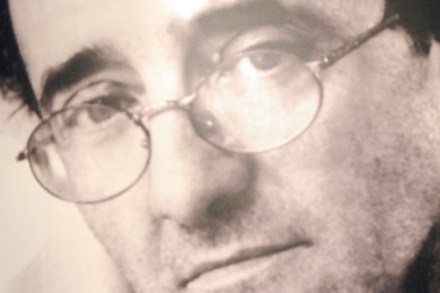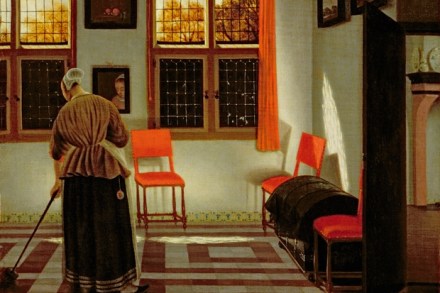The writer who showed the West there was more to South America than magic realism
Early on in this ‘Biography in Conversations’ we’re told that the Chilean novelist Roberto Bolaño ‘continued to see himself throughout his life as a literary character, a fictional person.’ It’s a dubious claim: we might believe that about any number of Hollywood actors, pop stars, or historical monsters, but not of the author of books that, as one editor interviewed here, Ignacio Echevarría, notes, ‘would lead to the recanonisation of Latin American literature.’ But it’s easy to see why the idea tempted Mónica Maristain, an Argentinian journalist whose lighthearted interview with Bolaño for Playboy Mexico happened to be the last before his early death and posthumous mythologisation from outside. The




















